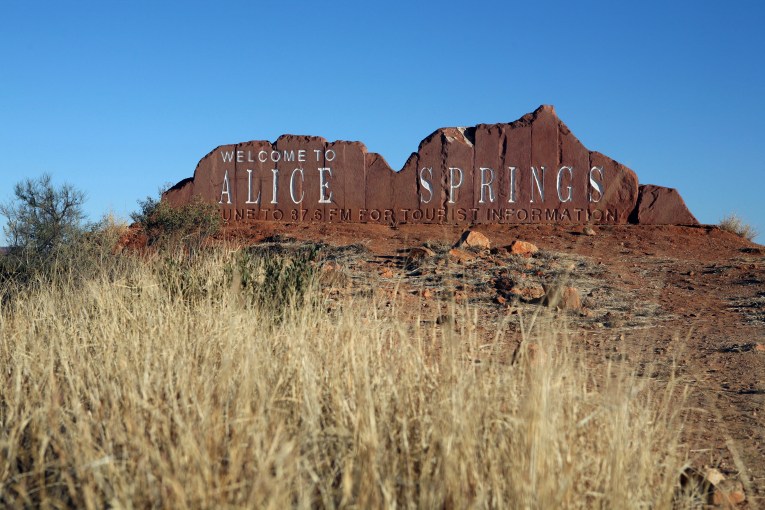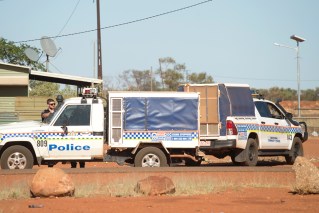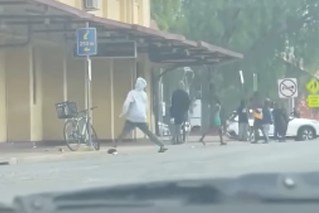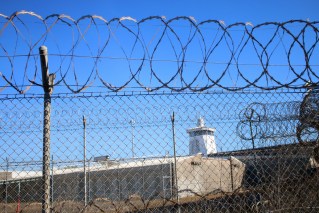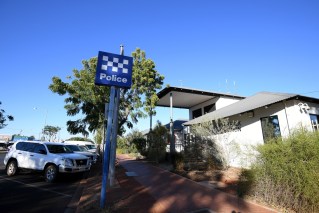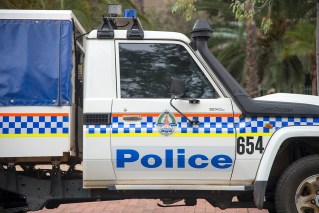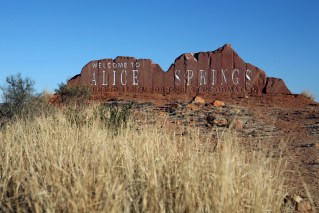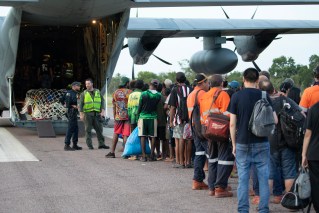Darwin remembers 77 years since bombing
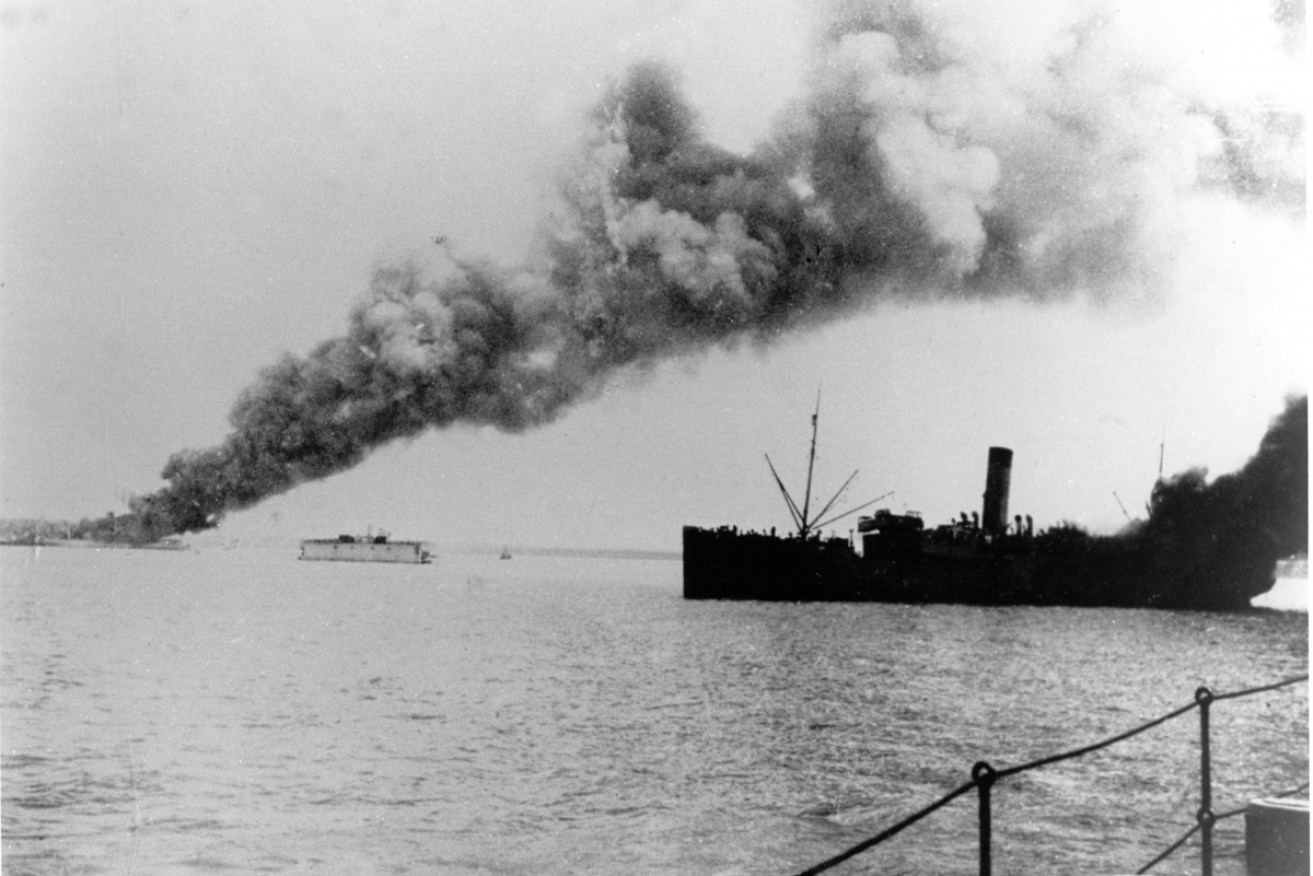
The bombing of Darwin in 1942 was the largest attack ever mounted by a foreign power on mainland Australia. Photo: Getty
The efforts of Aboriginal Tiwi Islanders in helping resist the Japanese during World War II have been recognised during commemorations to mark 77 years since the bombing of Darwin.
The day after the bombing on February 19, 1942, pilot Sergeant Hajime Toyoshima was returning as one of the 188 aircraft that had bombed Darwin killing 236 people when he crashed on Melville Island.
Local Tiwi indigenous man Matthias Ulungura was leading a group of hunters when they came upon the 21-year-old Japanese airman and captured him.
They handed him over to an Australian sergeant on Bathurst Island, retired fighter pilot Matt Hall said in front of about 2000 people at the service.
That was about how many people were left in Darwin when it was bombed following evacuations.
The bombing marked the first and biggest attack, and northern Australia including WA and Queensland was bombed for the next two years with the focus around Darwin due to its strategic importance.
Bathurst Island missionary Father John McGrath raised the alarm after he saw enemy formations in flight that morning and rushed to send a message to Darwin using a pedal radio.
“The Tiwi Islands were in the direct path of attack and the local residents took the opportunity to do their bit for Australia,” Mr Hall said.
“The Tiwi had not been evacuated south like their fellow citizens, the community was largely centred on the Catholic missions and it was implausible that the Tiwi would willingly leave their island communities.
We recognise the Tiwis who did their bit for Australia.”
Bombing of Darwin veterans Brian Winspear, Basil Stahl and Mervyn Ey, all aged in their late 90s were guests of honour at the service and watched a vivid re-enactment over the Timor Sea with war-era fighter plans overhead and loud explosions from cannons.
Mr Winspear, aged 99 and the last survivor in the 2 and 13 RAAF Hudson Bomber Squadrons, unveiled a plaque honouring his comrades, so many of whom were killed.
“From the trenches you could see the (Japanese) pilots faces when they were coming down and bombing the hangars, they seemed to be enjoying themselves,” he said.
The bombing had been a rude awakening for Australia that it was not as isolated and protected as it thought but had shown Darwin and its peoples’ resilience, Lord Mayor Kon Vatskalis said.
NT Chief Minister Michael Gunner paid tribute to the people that had lost their lives but said Japanese Prime Minister Shinzo Abe’s historic visit last November showed the city had recovered and was now a symbol of peace.
-AAP
